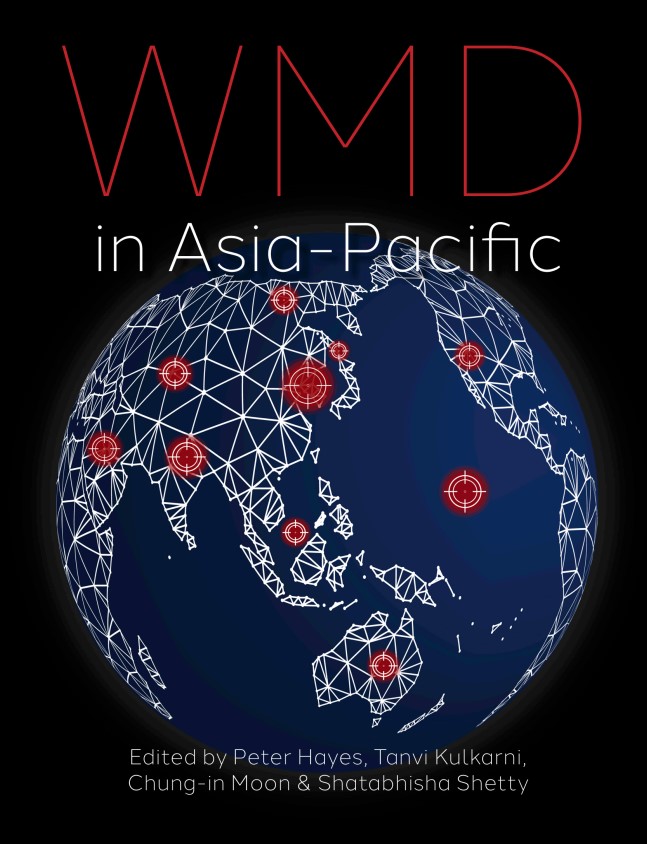WMD in Asia-Pacific
Edited by Peter Hayes, Tanvi Kulkarni, Chung-in Moon and Shatabhisha Shetty
Description
The Asia-Pacific region impacts every dimension of the global agenda, with acute tensions, complex dynamics and military risks in Northeast Asia and Southern Asia, accompanied by the steady growth in the size and sophistication of regional nuclear arsenals, the means of delivery, and potentially destabilizing defensive systems. With the world’s economic, political and security centres of gravity shifting, the region’s stake in a secure world order – and its responsibility to contribute with ideas, policy proposals and vision – has grown commensurately.
WMD in Asia-Pacific offers a timely and comprehensive assessment of the WMD threats in the Asia-Pacific, including threats from nuclear, chemical and biological weapons. The book is a compilation of nineteen special reports published by the Asia-Pacific Leadership Network for Nuclear Non-Proliferation and Disarmament (APLN) in 2021 and early 2022. Twenty-one experts address critical issues and present assessments of the baseline status of, and trends in, vertical and horizontal proliferation of WMD across the region.
In surveying the WMD landscape, WMD in Asia-Pacific focuses on where wars involving WMD might begin in three locations – Southern Asia, the Taiwan Straits, and Korean Peninsula – while examining how asymmetric force structures and future proliferation may increase the risk of using WMD. The book also presents possible ways and strategies for reducing the risk that WMD – especially nuclear – might be used and offers related non-proliferation and disarmament strategies tailored to the Asia-Pacific.
With its vast range and authoritative analyses, WMD in Asia-Pacific sets out be a benchmark educational resource on WMD capabilities in the Asia-Pacific for scholars, students, journalists, policy makers and interested readers.
 File
File 